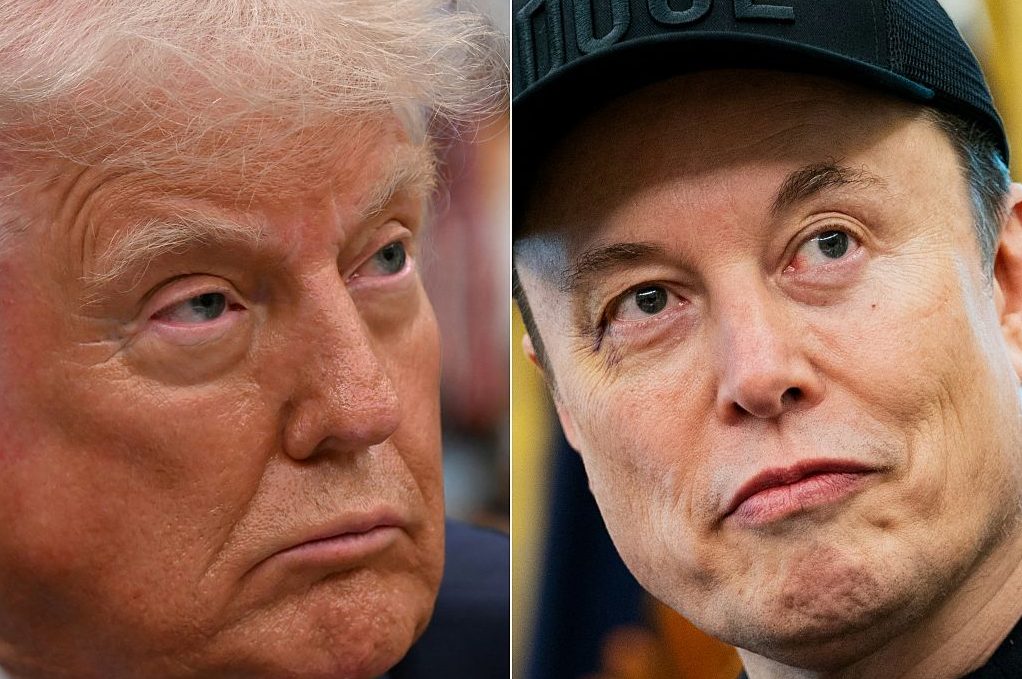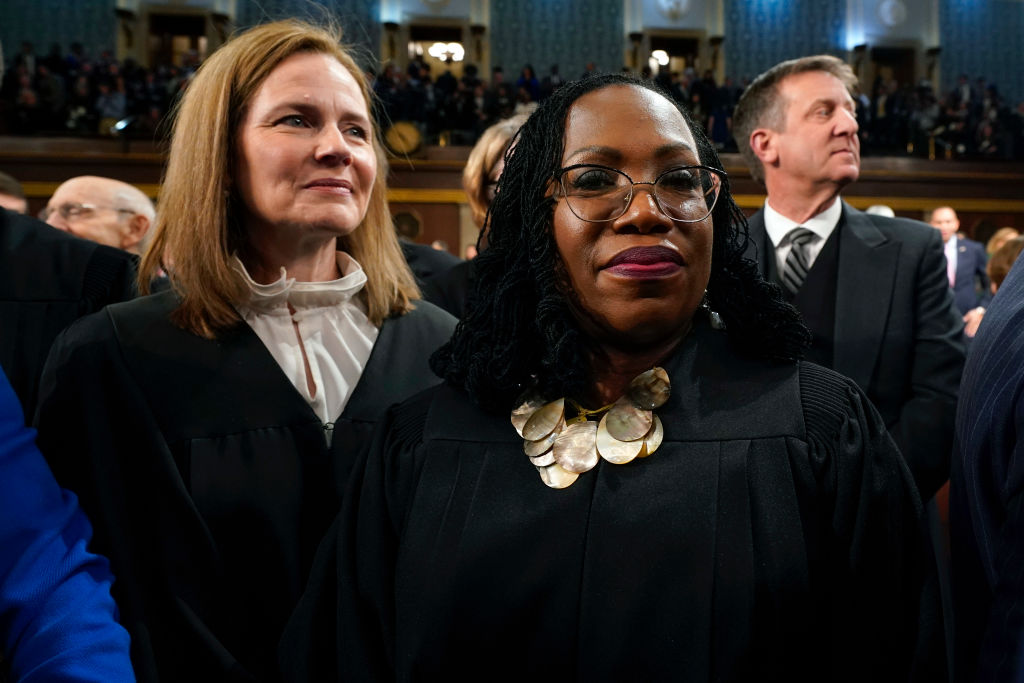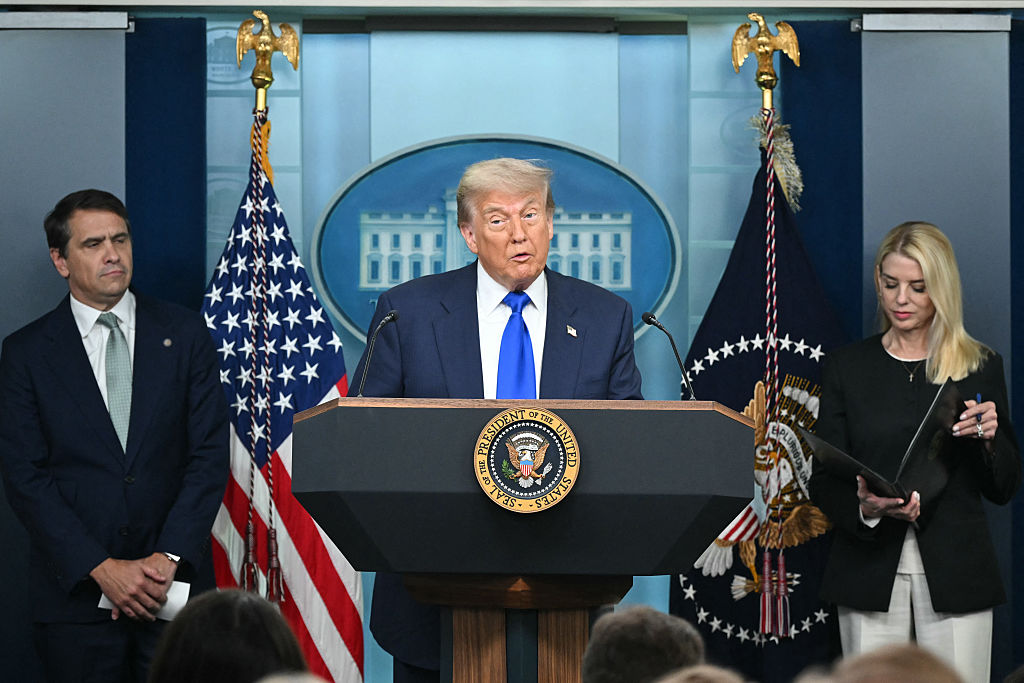If you live in the world inhabited by Donald Trump’s strongest supporters, you’ve seen the man perform all sorts of difficult tasks: getting elected over all the odds, overcoming every media onslaught. You’ve seen him do it all — except lose.
In any objective sense, Trump is a middling electoral performer who has only ever cleared exceedingly low bars. Yes, he overcame steep odds in the 2016 election, but that election should have been a cakewalk for Republicans against an historically unpopular Democratic nominee running to extend her party’s rule for a third term. While he oversaw deep losses in the 2018 midterms, but no less a political athlete than Barack Obama had also sustained an even worse defeat in 2010. Yes, he was polling far behind throughout the 2020 election, and nearly won, but a president who had presided over a strong economy running in the middle of a national emergency should have had an easy re-election.
Yet, the notion of Trump as a political magician persisted — until last Tuesday night. You didn’t have to be a believer in Trump’s crackpot conspiracies about the 2020 election to think of him as the master of the electoral bank shot, always saving Republicans from electoral disaster. Of course, like the arsonist who later shows up with the fire brigade, the disasters he was saving Republicans from were always ones of his own making.
Up until the Georgia runoffs became a referendum on Trump’s efforts to overturn the state’s election, his track record in electing Republicans to the House and Senate was a fine one. Republicans did well in the 2016 elections, generally outrunning Trump, and gained two Senate seats in 2018’s “blue wave.” They prevailed in most every competitive 2020 election, picking up 14 seats in the House.
But, almost always, Trump generally was the weaker draw of the items on the ballot. When he was there, he served as the punching bag for the moderate independent suburbanite, who then turned around and voted for their local normie Republican. When he wasn’t, as in 2018 and 2022, it was left to Republican down-ballot candidates to absorb all the anti-Trump sentiment in the electorate.
There is no reason that this anti-Trump sentiment should have even been a factor in 2022 but for the defeated former president’s refusal to yield the spotlight. If he was to make a comeback and not to be seen by history as a loser, it would have to be as revenge for having an election he had actually won stolen from him. Trump certainly knows the history that acknowledged Presidential losers almost never come back.
Following the 2022 midterms, there is now a sense that the jig is up. The MAGA wing has no good explanation for why a Republican wave to be led by its candidates almost universally fell short. At this writing, nearly all of these candidates have declined to follow their leader’s example, acknowledging their defeats
There is a sense that Trump’s strongest supporters also know it. In a YouGov national survey taken after the midterms, Florida governor Ron DeSantis — whose thumping 19-point victory stands in contrast to a dismal Republican performance almost everywhere else — now leads Trump in a national Republican primary matchup. In polls by the Club for Growth, DeSantis now leads in Iowa and New Hampshire, in Florida and Georgia. A post-election poll by the GOP in Texas confirms the same is true there. We will see if this is a fleeting moment of weakness — just like all the other ones, including after January 6th. Perhaps Trump’s candidacy announcement will galvanize his supporters. Perhaps Trump will conjure up a better explanation for the midterm results than the one he has now. Perhaps this too will pass, just like every other time.
One reason that it might not pass, however, is that MAGA Republicans now have a clear alternative to Trump, and one they like, in Ron DeSantis. That wasn’t true all the other times. This would also track with the sentiment we’ve heard expressed in focus groups and surveys of Republicans this year: Yes, Trump was a good President, especially in comparison with the current one. But we don’t like the fights he picks with other Republicans. We also don’t like losing. And if we want to win, it might be time to move on.
Trump’s Republican alternatives have also passed a critical test in recreating the best parts of his electoral performances without him. The most compelling political case for Trump was that he has ushered in a multi-racial populist coalition poised to save the Republican Party from the electoral oblivion predicted by the prophets of the “rising American electorate,” one made up of liberal young people and expanding minority electorates.
In Florida, not only did DeSantis score a convincing victory statewide, but he dismantled the core base of the Democratic Party in South Florida, winning over Hispanic-majority Miami-Dade County decisively. He also took Osceola County, south of Orlando, the center of the state’s Puerto Rican population — the one that Democrats dreamed would neutralize the pro-Republican Cuban-American vote.
Proof-of-life for Trumpism after Trump is not limited to states run by MAGA acolytes. Virginia Gov. Glenn Youngkin is no one’s idea of a fire-breathing populist, but he was able to exceed Trump’s Assad-like margins in the state’s rural Appalachian southwest. And he was able to do this by appealing to suburbanites.
A silver lining in an otherwise dismal midterm for Republicans is that they appear to have scored their best performance ever in a midterm election with Hispanic and African American voters, showing that Trump’s 2020 gains with these voters extend also to other Republicans. Data from AP Votecast has Hispanics voting Democratic by just 16 points, down from a 28 point margin in the 2020 presidential race, and the GOP’s best midterm result ever with this group. Republicans elected five new Hispanic House members and saw improvements in most of the major Hispanic population centers, including Florida, Texas, and New York, with only the California results uncertain due to the state’s sluggish vote count.
The Black vote is often overlooked in House races, given its concentration in seats unwinnable for Republicans, but the modest Republican vote of 13 and 14 percent recorded by the traditional exit poll and AP Votecast represents an improvement over the 10 percent they had consistently received in previous midterms, including their 2010 rout.
Republicans did well within their Trumpist base and among key swing groups with performances exceeding those of 2016 and 2020, winning white non-college voters by 65 to 32 percent according to AP Votecast, and pulling even among white college graduates. And yet, the GOP’s progress among key voting blocs mostly did not manifest in the election results, a reverse of the 2016 outcome where Hillary Clinton won the popular vote and lost all the places that mattered.
Trump deserves credit for the populist coalition he created, but the 2022 midterms made clear that he is no longer the best steward of it. His coalition has seemed like an electoral juggernaut, perfectly optimizing its votes in swing states and setting the party up for a generational majority in the Senate once the rural, red state-heavy 2024 elections rolled around. That created the impression he was a political winner, one that go-with-the-flow types could comfortably latch themselves onto.
The reality is that Republicans now start 2024 from a much weaker position than they needed to be in. With underperformances specific to election deniers, other assorted conspiracy theorists, and celebrity candidates chosen to Trump’s liking, his reputation for #winning now lies bleeding on the ground.

























